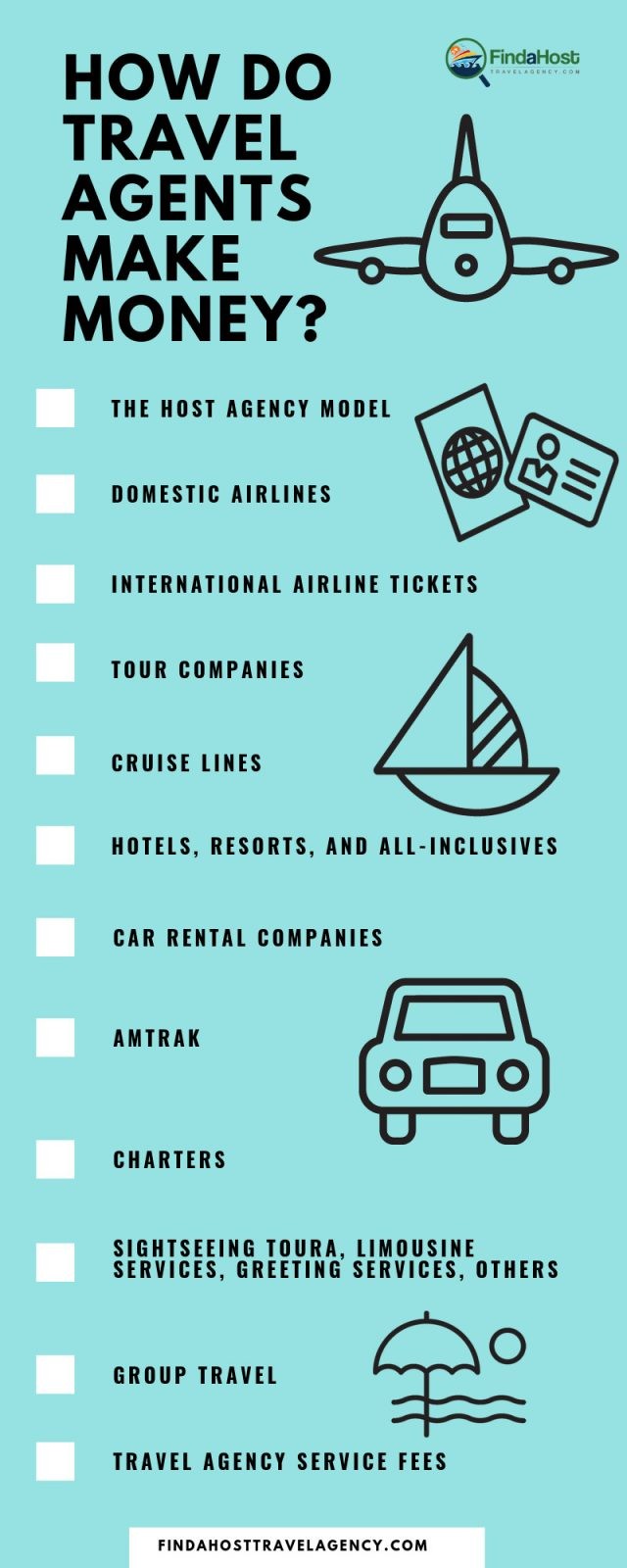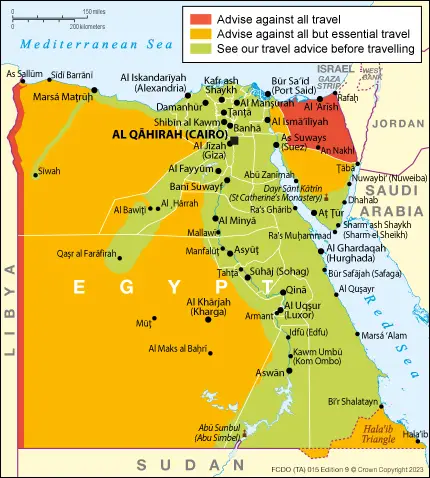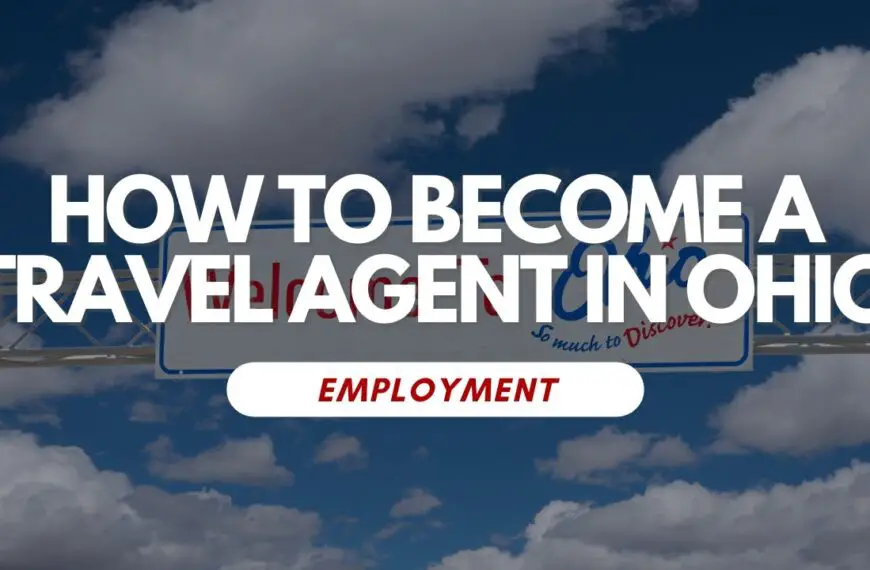Travel agents get paid through commissions from suppliers and fees charged to clients. Commissions come from airlines, hotels, and tour operators.
Travel agents play a vital role in the tourism industry. They simplify the travel planning process for clients, offering expertise and personalized services. Travel agents earn their income through different channels. Suppliers like airlines, hotels, and tour operators pay commissions for booking their services.
Additionally, travel agents charge service fees directly to clients for their professional assistance. This dual-income model allows them to provide tailored travel experiences while earning a sustainable income. Leveraging their knowledge and connections, travel agents ensure clients have seamless and memorable trips. This approach not only benefits travelers but also supports travel agents in maintaining profitable businesses.

Credit: findahosttravelagency.com
The Role Of Travel Agents
Travel agents play a vital role in the travel industry. They connect travelers with the best experiences and provide personalized service. They help travelers plan and book trips efficiently. But how do they get paid? Understanding their role can help clarify this.
Connecting Travelers With Experiences
Travel agents connect travelers with unique and memorable experiences. They have access to exclusive deals and packages. Agents use their expertise to find the best options for clients. They make sure travelers have a seamless and enjoyable trip.
- Access to exclusive deals
- Expert knowledge of destinations
- Ability to tailor travel experiences
Personalized Service In The Travel Industry
Personalized service is a hallmark of travel agents. They understand individual preferences and needs. Agents create customized travel plans for each client. This personalized approach saves time and reduces stress for travelers.
Travel agents also offer support before, during, and after trips. They handle any issues that arise, ensuring a smooth travel experience. This level of service sets them apart from booking online.
| Service | Benefit |
|---|---|
| Custom Itineraries | Tailored to specific needs |
| 24/7 Support | Assistance at any time |
| Exclusive Deals | Access to special offers |

Credit: smallbiztrends.com
Commission-based Income
Travel agents often earn their income through commission-based income. This means they get a percentage of the cost of the bookings they make. This system motivates agents to find the best deals for their clients. It also encourages them to build strong relationships with travel providers.
Understanding Commission Structures
Commission structures can vary widely. They depend on the type of travel services sold. Below is a table to help understand common commission rates:
| Service | Typical Commission Rate |
|---|---|
| Airline Tickets | 5-10% |
| Hotel Bookings | 10-15% |
| Tour Packages | 10-20% |
| Cruise Packages | 12-16% |
Travel agents may also get incentives or bonuses for reaching sales targets. This can further boost their earnings. Understanding these structures helps agents plan their sales strategies better.
The Impact Of Sales Volume On Earnings
Sales volume plays a significant role in a travel agent’s earnings. Higher sales volume usually leads to higher total commissions. Let’s break it down:
- Agents who book more trips earn more commission.
- High-volume agents may get higher commission rates.
- Travel agencies often reward top sellers with bonuses.
Agents who consistently book large volumes build better relationships with providers. This can lead to exclusive deals and better commissions. So, focusing on high sales volume is key to maximizing earnings.
Service Fees And Charges
Travel agents often charge various service fees and charges to cover their expertise and time. These fees can vary based on the services provided. Below, we explore some common fees travel agents may charge.
Planning Fees And Itinerary Costs
Travel agents spend hours planning and organizing trips. This includes researching destinations, booking flights, and arranging accommodations. To compensate for this time, agents may charge a planning fee.
These fees can range from $50 to $500, depending on the trip’s complexity. Sometimes, these costs are included in the overall trip price. For more detailed itineraries, agents may charge extra for itinerary costs. This fee covers the creation of a detailed travel plan, including daily schedules and activity recommendations.
Cancellation And Change Fees
Plans can change unexpectedly. Travel agents often charge cancellation and change fees to manage these changes. These fees cover the agent’s time spent altering bookings and handling cancellations.
Typically, these fees vary based on the timing of the change. For example:
- Within 24 hours: $100
- 1-7 days before travel: $50
- More than a week: $25
These charges help agents manage their workload and compensate for lost commissions from canceled bookings.
Partnerships With Providers
Travel agents form partnerships with providers to ensure their clients get the best deals. These partnerships help agents earn commissions and other benefits.
Exclusive Deals With Hotels And Airlines
Travel agents often have exclusive deals with hotels and airlines. These deals mean better rates for clients and higher commissions for agents.
Agents might get special rates not available online. They also earn commissions for bookings. Here’s a table to show how these commissions work:
| Provider | Commission Rate |
|---|---|
| Hotels | 10% – 20% |
| Airlines | 5% – 10% |
Benefits From Tour Operators And Cruise Lines
Travel agents also benefit from tour operators and cruise lines. These partnerships provide unique packages for clients.
Agents earn commissions on these packages. They also get bonuses for high sales. Here are some benefits:
- Exclusive tours and itineraries
- Higher commissions for group bookings
- Special bonuses for meeting sales targets
These partnerships ensure agents provide the best experiences for their clients.
Markup Strategies
Travel agents use various strategies to earn commissions. One effective method is markup strategies. This involves adding a small fee to the base cost of travel services. These services include flights, hotels, and tours. Markups help agents ensure they are compensated for their expertise and time.
How Markups Boost Agent Revenues
Markups are crucial for travel agents. They can significantly increase agent revenues. Agents add a percentage to the base cost of travel packages. This extra fee is the markup. It covers their operational costs and expertise.
For example, an agent might markup a $1000 tour package by 10%. This adds $100 to the cost. The client pays $1100, and the agent earns the $100 markup. This method ensures agents are fairly paid for their services.
| Service | Base Cost | Markup Percentage | Client Pays | Agent Earns |
|---|---|---|---|---|
| Flight | $500 | 5% | $525 | $25 |
| Hotel | $300 | 10% | $330 | $30 |
| Tour Package | $1000 | 8% | $1080 | $80 |
Ethical Considerations In Pricing
Travel agents must be ethical in their pricing. They should not overcharge clients. Transparent pricing builds trust. Clients should know about the markups. Hidden fees can damage an agent’s reputation.
- Disclose all markups clearly.
- Ensure markups are reasonable and fair.
- Avoid hidden fees and surprise charges.
- Maintain transparency with clients.
Ethical pricing is key to long-term success. It fosters trust and repeat business. Clients appreciate honesty and transparency in services. This results in positive word-of-mouth and referrals.
Membership Clubs And Consortia
Membership clubs and consortia help travel agents in many ways. These organizations offer benefits that can improve an agent’s business. They provide support, resources, and exclusive deals. Agents gain access to tools that help them serve their clients better.
Leveraging Buying Power
Membership clubs and consortia have strong buying power. This means they can negotiate better deals with suppliers. Travel agents benefit from these deals. They can offer clients special prices and packages. This helps agents stand out in a crowded market.
Here is a table showing the benefits of leveraging buying power:
| Benefit | Description |
|---|---|
| Discounted Rates | Lower costs for travel services and accommodations. |
| Exclusive Packages | Special deals not available to the general public. |
| Added Value | Extras like free upgrades or amenities. |
Access To Marketing And Training Resources
Membership clubs and consortia offer marketing and training resources. These resources help agents grow their business. Marketing materials include brochures, flyers, and email templates. These tools make it easier to promote travel services.
Training resources are also important. They help agents stay up-to-date with industry trends. Agents can take courses on new destinations, booking systems, and customer service. This knowledge makes them more efficient and effective.
Here are some key marketing and training resources:
- Brochures: Eye-catching materials to attract clients.
- Email Templates: Ready-to-use templates for promotions.
- Online Courses: Training on various travel-related topics.
- Webinars: Live sessions with industry experts.
These resources are essential for a travel agent’s success. They improve skills and help attract more clients.
Incentives And Bonuses
Travel agents often receive incentives and bonuses for their hard work. These rewards motivate them to provide excellent service. They also help agents earn extra income. Let’s explore how these incentives work.
Performance-based Rewards
Performance-based rewards are given to agents who meet specific targets. These targets may include booking a certain number of trips or reaching a sales goal. Here are some common types of performance-based rewards:
- Cash bonuses: Agents receive extra money for high sales.
- Free trips: Top performers get free vacations.
- Gift cards: Agents earn gift cards to popular stores.
- Recognition: Top agents receive awards and public praise.
Special Incentive Programs From Suppliers
Suppliers also offer special incentive programs for travel agents. These programs encourage agents to promote their services. Suppliers may include airlines, hotels, and tour operators. Here are some examples of special incentive programs:
| Supplier | Incentive |
|---|---|
| Airlines | Free flights or upgrades |
| Hotels | Free stays or room upgrades |
| Tour Operators | Commission bonuses or free tours |
These incentive programs help agents provide better service to clients. They also help agents build strong relationships with suppliers.
Adapting To Industry Changes
Travel agents are constantly adapting to changes in the industry. The rise of online booking platforms has shifted how they earn their income. Let’s explore how they navigate these changes and find new revenue streams.
Navigating Online Booking Trends
Online booking platforms have reshaped the travel industry. Travel agents now compete with websites that offer instant reservations. They must find ways to stay relevant and valuable to clients.
Personalized service and expert advice are key advantages for agents. They can offer tailored travel experiences that online platforms can’t match. Agents also provide support throughout the trip, which is crucial for many travelers.
To compete, agents use advanced booking tools and platforms. These tools help them find the best deals and options for their clients. They also streamline the booking process, making it efficient and hassle-free.
Innovative Revenue Streams For Agents
Travel agents have diversified their income sources. They no longer rely solely on commissions from bookings. Here are some innovative ways they earn money today:
- Service Fees: Agents charge fees for their expert advice and personalized service.
- Consultation Fees: Fees for planning and consultation services, regardless of booking.
- Group Travel Planning: Organizing group trips can be lucrative, with fees per participant.
- Partnerships: Collaborating with hotels, airlines, and tour operators for special rates and commissions.
- Travel Insurance: Selling travel insurance policies provides an additional revenue stream.
These revenue streams help agents stay profitable. They also provide more value to their clients.
Travel agents continue to adapt to industry changes. They leverage their expertise and offer unique services. This makes them indispensable in the travel planning process.
The Future Of Travel Agent Earnings
The landscape of travel agent earnings is evolving rapidly. With changes in technology and consumer behavior, travel agents must adapt to stay profitable. Let’s explore the future of travel agent earnings and the factors influencing it.
Predicting Shifts In Compensation
Travel agents’ pay structures are changing. Traditional commission models are becoming less common. Agents now seek diverse income sources. These include service fees, consultation fees, and customized packages.
Here’s a comparison of traditional and modern compensation methods:
| Compensation Method | Traditional | Modern |
|---|---|---|
| Commissions | Primary Source | Less Common |
| Service Fees | Rare | Increasingly Common |
| Consultation Fees | Uncommon | Frequent |
| Customized Packages | Limited | Widespread |
The Role Of Technology And Personalization
Technology plays a crucial role in modern travel agent earnings. Agents now use advanced tools for bookings and customer management. This enhances efficiency and customer satisfaction.
Personalization is another key factor. Clients want tailored experiences. Travel agents use data to create customized travel plans. This increases client loyalty and boosts earnings.
Benefits of using technology and personalization:
- Increased Efficiency: Automated systems save time and reduce errors.
- Better Client Experience: Personalized plans meet client needs.
- Higher Client Retention: Satisfied clients return and refer others.

Credit: www.invoiceberry.com
Frequently Asked Questions
How Do Travel Agents Make Money If They Don’t Charge?
Travel agents earn money through commissions from airlines, hotels, and tour operators. They also receive incentives and bonuses.
When You Use A Travel Agent How Do They Get Paid?
Travel agents earn money through commissions from airlines, hotels, and tour operators. They may also charge service fees.
How Do You Make Money As A Travel Agent?
Travel agents earn money through commissions from bookings, service fees, and exclusive deals with travel suppliers.
Conclusion
Travel agents earn through commissions, service fees, and exclusive deals. Their expertise simplifies travel planning for clients. Understanding their payment methods highlights the value they provide. Choose a travel agent to save time, stress, and money. Their industry connections ensure you get the best travel experience possible.















